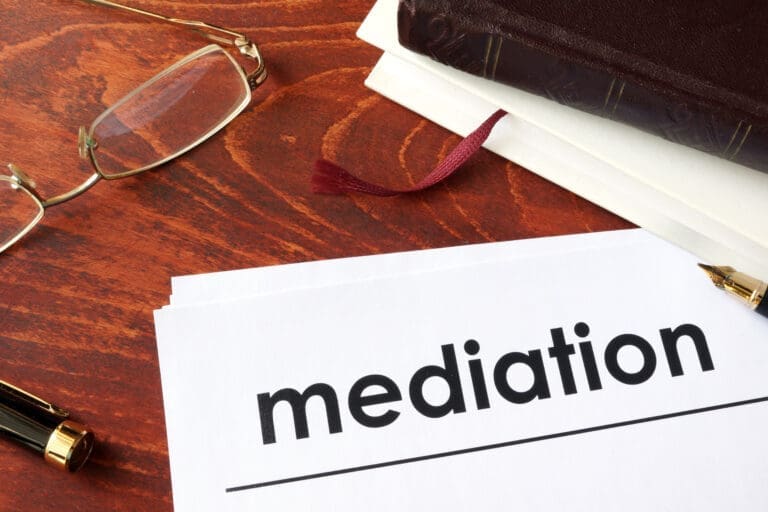
In the realm of criminal law, the term “Bain Error” stands out as a crucial concept, one that holds significant sway in the outcome of legal proceedings. This term, rooted deeply in legal ethics and courtroom fairness, refers to a specific procedural misstep that occurs when a prosecutor unjustly influences a jury by offering personal opinions on the guilt or innocence of the defendant. Understanding the intricacies and repercussions of a Bain Error is vital for legal professionals, defendants, and anyone with a vested interest in the criminal justice system.
At the heart of the issue, a Bain Error breaches the fundamental principles of a fair trial. The justice system operates on the premise that every defendant is entitled to an unbiased trial. When a prosecutor, who wields considerable influence in the courtroom, injects personal beliefs into their arguments, it risks swaying the jury’s impartiality, a cornerstone of judicial fairness. Such actions can lead to appeals and, in some cases, retrials, underscoring the gravity of maintaining neutrality in court proceedings.
Delving deeper, the Bain Error emerges most prominently during closing arguments, a critical phase of the trial where the prosecutor summarizes the evidence and suggests a verdict to the jury. While it is permissible, and indeed expected, for the prosecution to argue fervently based on evidence, crossing the line into personal beliefs is where the Bain Error takes root. For instance, a prosecutor stating they personally believe the defendant is guilty based on evidence presented is a classic example of such an error.
The consequences of a Bain Error can be far-reaching. In cases where this error is identified and proven, it can lead to the overturning of convictions or the granting of new trials. This not only signifies additional legal expenses and extended time but also highlights the potential for miscarriage of justice. The Bain Error, therefore, is a critical watchpoint for defense attorneys, who must vigilantly safeguard their clients’ rights to an impartial trial.
From a legal standpoint, the Bain Error touches on several key aspects of criminal law and trial procedure. It relates closely to the concept of prosecutorial misconduct, a broader category encompassing any action by a prosecutor that adversely affects the fairness of a proceeding. The Bain Error also intersects with the principles of evidentiary standards and the burden of proof, as it raises questions about the types of arguments that should be deemed admissible and credible in a court of law.
The prevention of Bain Errors is a matter of ongoing legal education and ethical training. Prosecutors must be continually reminded of their duty to seek justice, not merely to secure convictions. This includes adhering strictly to ethical guidelines that dictate how to present arguments and evidence in court. Judicial oversight also plays a crucial role, with judges needing to be astute in identifying and addressing any instances of potential Bain Errors during a trial.
In conclusion, the Bain Error is a significant concept in criminal law, representing a critical intersection of legal ethics, trial procedure, and the pursuit of justice. Its presence in a trial can have profound implications, potentially altering the course of verdicts and affecting the lives of those involved in the legal process. As such, it remains a topic of paramount importance for legal practitioners, scholars, and anyone concerned with the integrity of the criminal justice system.
Divulgación: Generative AI creó el artículo








